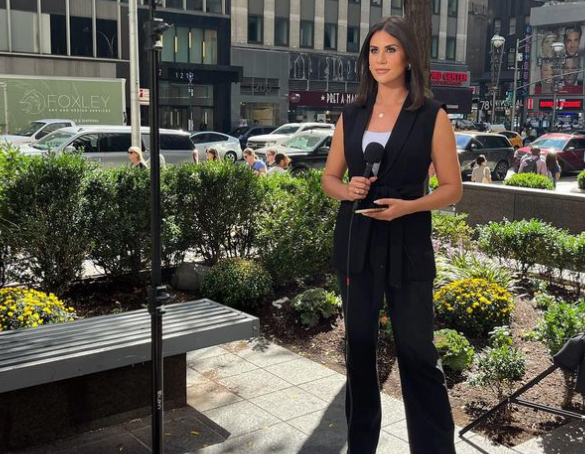Hundreds of journalists from around the country are heading to San Antonio for the Excellence in Journalism conference this week. Lucky them because one of the most frustrating things about working in broadcast journalism is the lack of ongoing training and development. This has always been a business where people are thrown into the deep end and left to sink or swim. In today’s cost control environment, it is unlikely to see that culture change.
As every senior manager knows, that lack of training continues up the line. I recently asked a new news director what she thought of the job. She said “No one told me how much time would go to budgets and recruiting. I don’t have anything left for the news.” Ask a new general manager the same question and you will likely get a similar answer.
Both RTDNA and Poynter offer some helpful training, but there is no single place a young journalist can go to prepare for the future, and of course, the cost is also a factor. When I asked that same news director if she was going to the Excellence in Journalism Conference, she smiled and said, “Not unless I pay for it myself.”
So, here are some suggestions. All are things I have seen increase skills and advance careers.
Find a Mentor. Because most journalists start in small markets, they use their fellow workers as role models. Bad idea. Those people are also learning. Far better to find an outstanding person in a large market. Send that person an email saying you admire their work and ask for a small amount of time to meet in person and ask questions. Make clear you are not looking for a job. Take careful notes, probing where necessary. Ask if the person would be willing to critique your reel (reporter, producer, whatever you do).
If you and the person hit it off, follow up with a “Thanks so much” email saying “Here are some things I learned from you that I plan to put in practice. May I send you another reel in a few months to get your opinion?” Continue sending reel links, showing what you learned from the last critique, and offering effusive thanks. Caution, do not overwhelm! No more than three or four reels a year. Don’t ask for a written critique. Ask for 30 minutes on the phone. By the way, also send a thank you to the person you did not hit it off with.
It’s fine to have more than one mentor.
Learn from your News Director. Ask your news director for 30 minutes a week to critique your work. Emphasize that you want honesty and cards on the table. If you really want to advance, you need to hear the hard truth. Do not bristle or become defensive. Learning how you are viewed is a powerful tool very few people have the guts to ask for. If you do this and work to correct deficiencies, you will impress your news director. She will help you, invest in you and cheer you on.
Take a Class. Diction, writing, speaking and other classes available at your local community college or university can be helpful and inexpensive. Don’t fall for that old line that says broadcasting is different. Good writing is good writing. Good diction is good diction. No sentence should begin with the word “now.”
Read. History, civics, biographies, anything that will make you a more knowledgeable person. Also, learn everything you can about the community you work in. Nothing is more embarrassing than a reporter trying to explain something he does not understand or a producer writing about a subject she is hearing for the first time. Context is critical.
Make a Commitment. The single most important thing you can do is make a commitment to life-long learning. This applies to all levels. If you are a news director and want to be a general manager, find a mentor, learn from your own general manager, and constantly read about the industry. (You can also check out some of the training, grant and fellowship opportunities NewsLab has gathered for you over the years.)
Your future is in your hands. Don’t let a lack of company-paid training hold you back.

Hank Price is a veteran media executive, educator and author. He is a frequent speaker to television industry groups about the future of media. He currently serves as Director of Leadership Development for the School of Journalism and New Media at Ole Miss. During a 30-year career as a television general manager, Priced specialized in turnarounds, leading television stations for Hearst, CBS and Gannett. During this time, he became known for turning traditional businesses into multi-platform brands. Simultaneously, he spent 15 years as senior director of Northwestern University’s Media Management Center, teaching in both the domestic and international executive education programs. Price is the author of Leading Local Television (BPP, 2018) and co-author of Managing Today’s News Media: Audience First (Sage, 2015) a management textbook.








